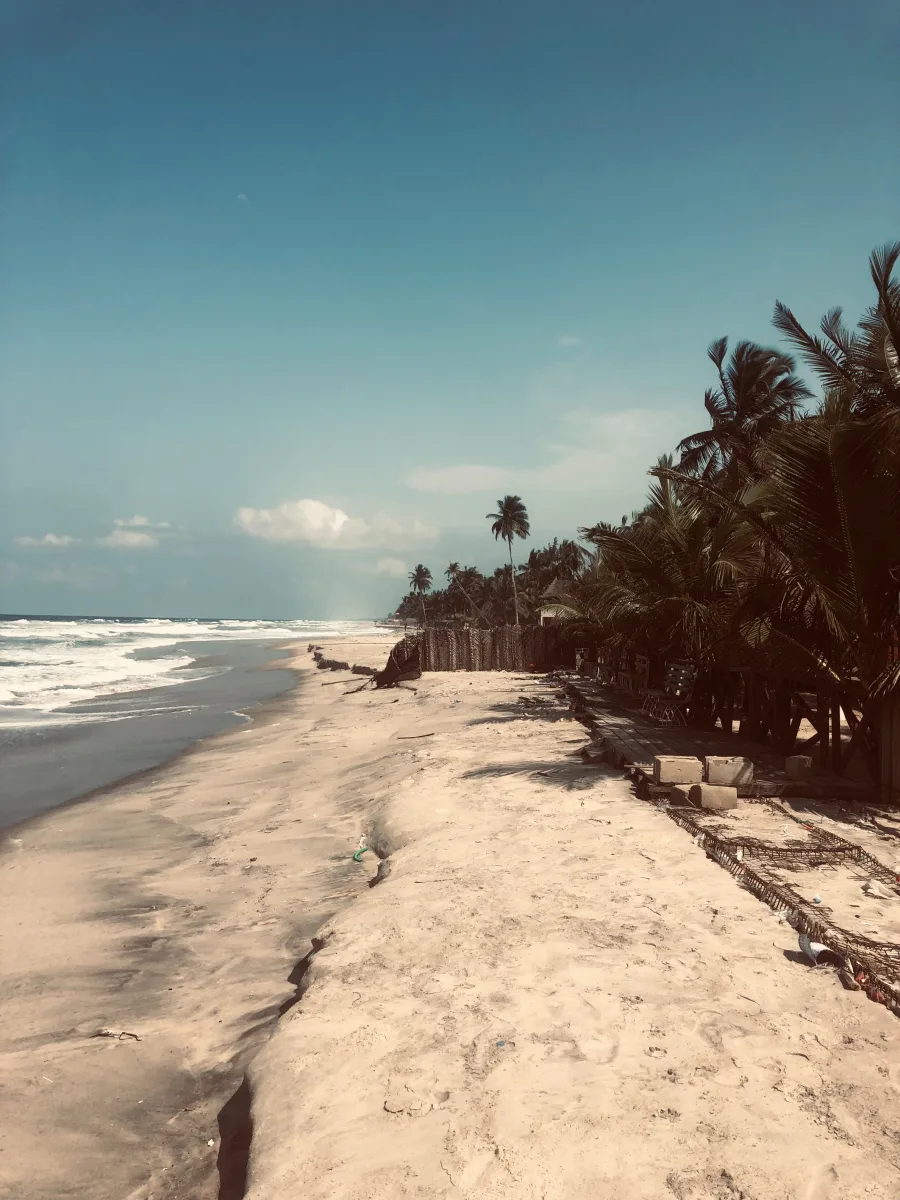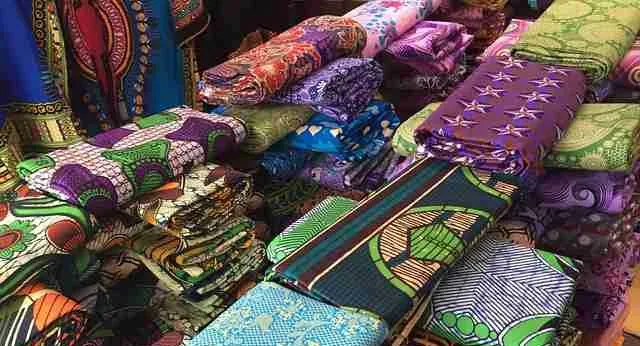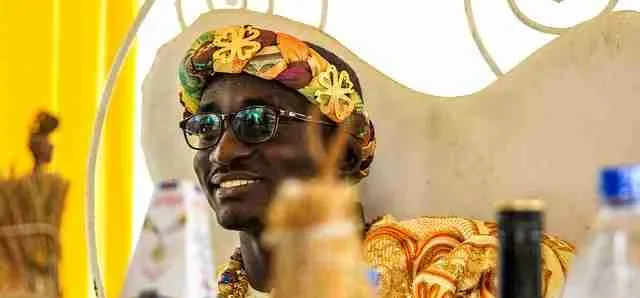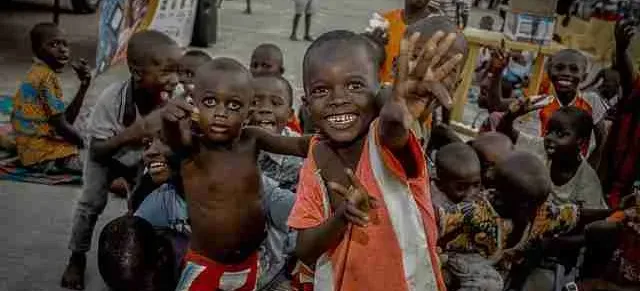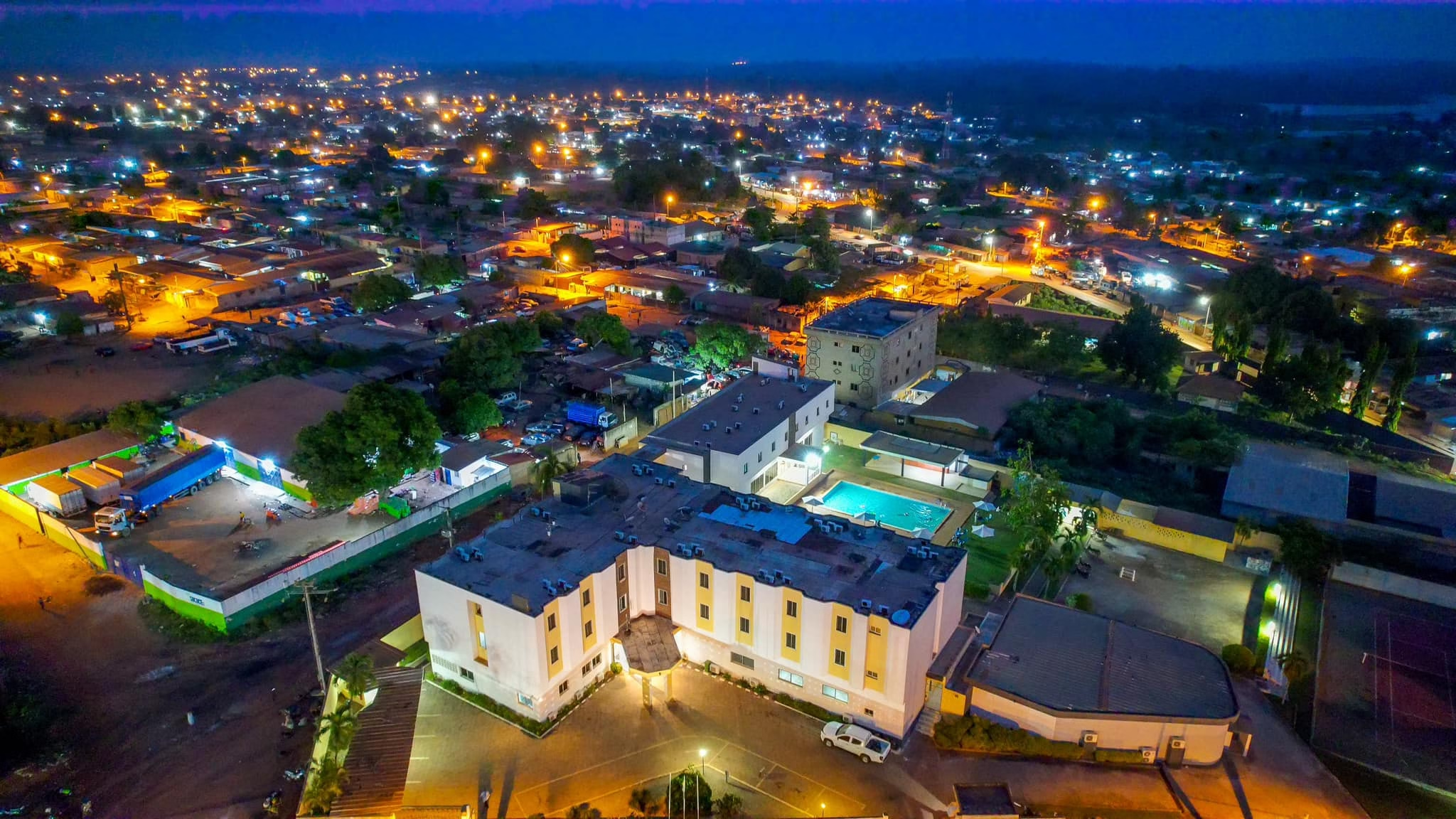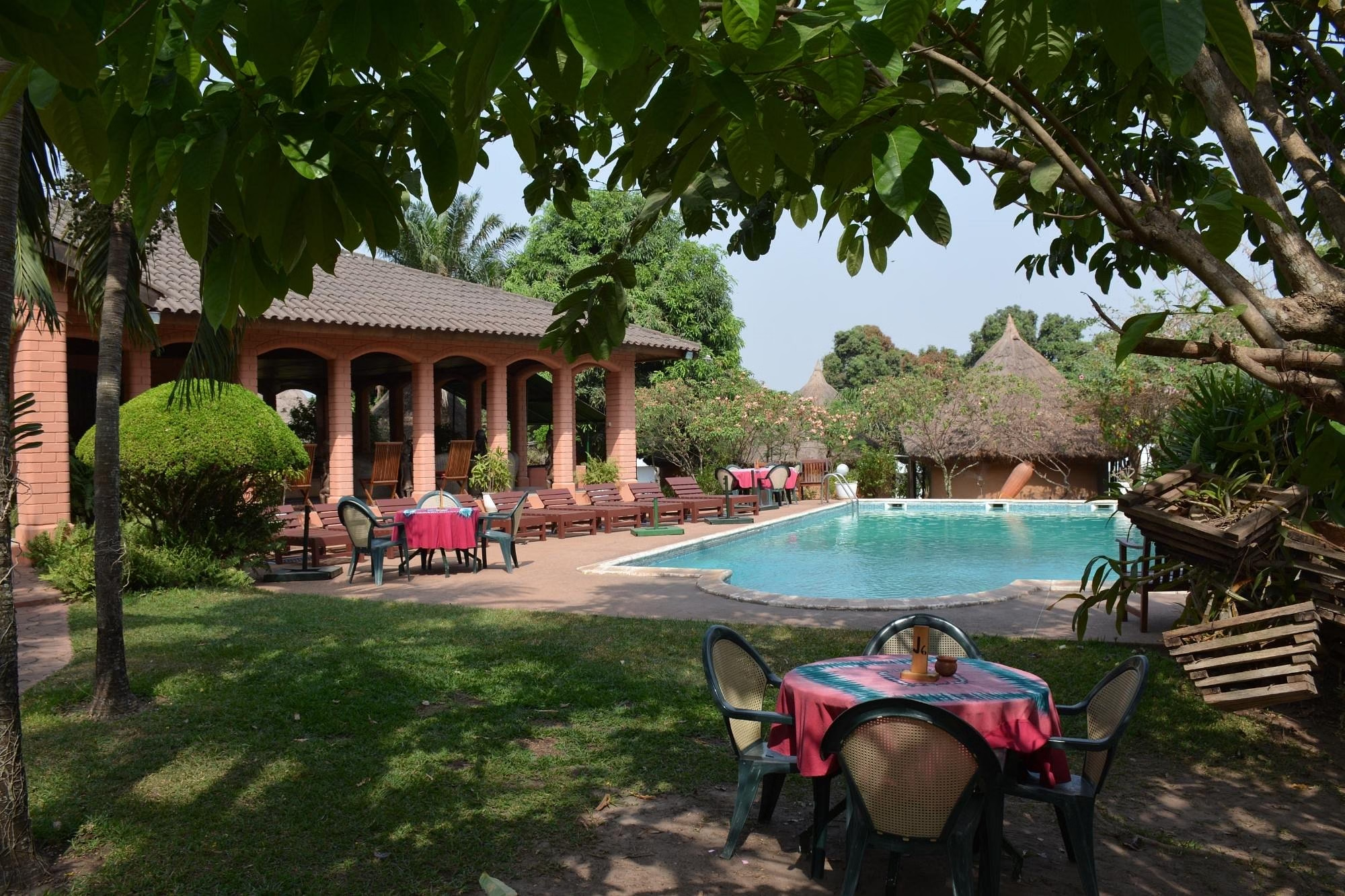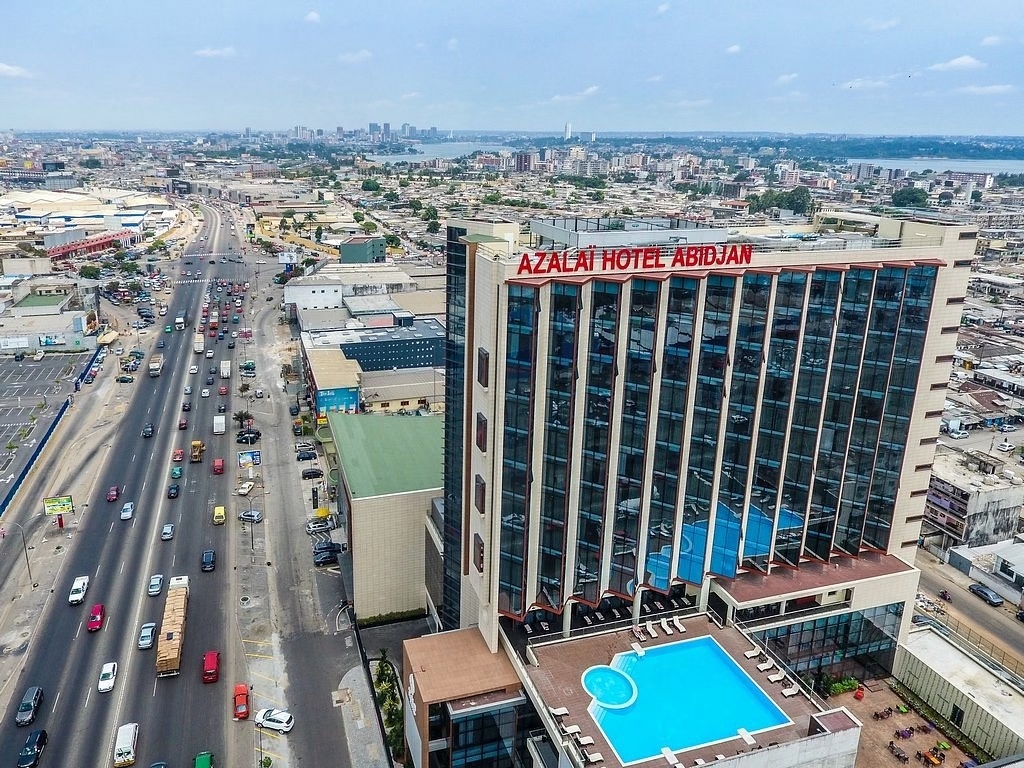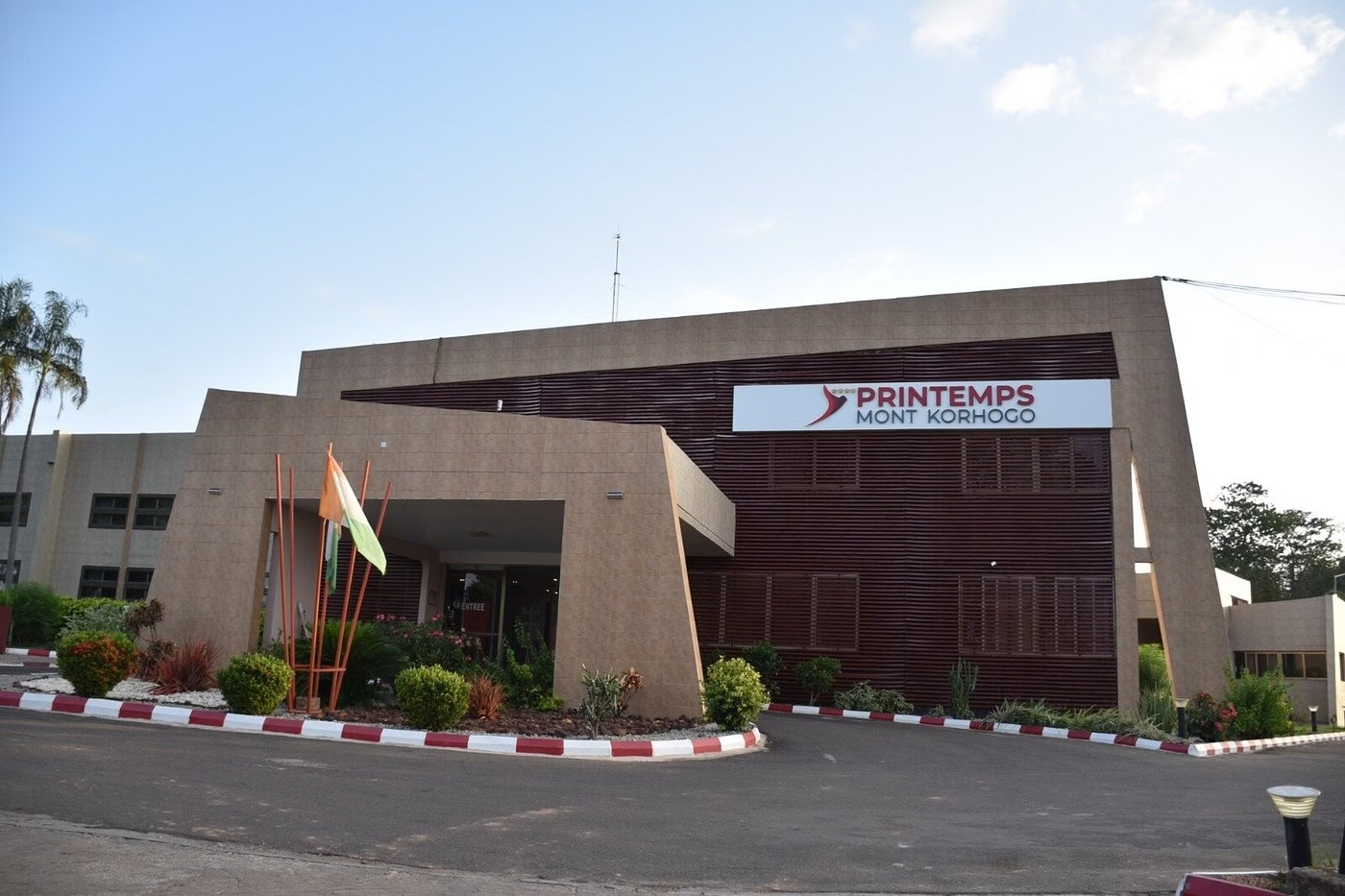Join our Côte d'Ivoire tours and discover this little visited country. Nestled along the shimmering Gulf of Guinea, the enigmatic land of Côte d'Ivoire stands as a captivating canvas painted with diversity. This West African country, known as Ivory Coast, calls to brave travelers. It has a mix of cultures, lush landscapes, and a history of triumph and change. As the sun-kissed beaches meet the lush rainforests, this alluring destination promises a voyage like no other.
Postcard-perfect beaches stretch along the coast. Their turquoise waters and golden sands invite you to relax. Grand Bassam, a UNESCO World Heritage Site, has colonial-era charm. Its elegant buildings and quiet beaches are a legacy of that time. For those seeking untamed beauty, the Parc National de Taï offers a rare chance to explore primal rainforests.
Yet, it is the vibrant tapestry of cultures that truly sets Côte d'Ivoire apart. Abidjan, the nation's economic heart, is modern yet traditional. The bustling Treichville markets and Plateau's skyscrapers tell of a nation. It strides into the future while celebrating its rich past.
Cote d'ivoire Tours
Beyond the city, you will find a mix of ethnicities and languages. They blend together in harmony. From the elegant Sénoufo in the northern savannas to the mask-clad Guro, each holds a piece of the country's cultural puzzle. West African music and dance are vital to daily life. They fill every corner with infectious energy.
History buffs too shall find their appetites satiated here, as they uncover tales of ancient empires and the colonial era. The city of Gagnoa is filled with the smell of cocoa, reminding visitors that Côte d'Ivoire is the world's largest producer of this highly desirable commodity.
Embarking on a culinary expedition reveals yet another facet of the country. The spicy stews and grilled fish smell amazing. They lure food lovers to enjoy Ivorian cuisine. Each bite tells a story of the land's rich harvest. It's in the beloved attiéké, a cassava side dish, and the hearty kedjenou, a rich chicken stew with vegetables and spices.
Côte d'Ivoire is an invitation to immerse oneself in the raw beauty of unspoiled landscapes, to traverse the alleys of vibrant history, and to become part of the intricate mosaic of cultures. This gem of West Africa entices with its warm embrace and promises an exploration that will etch cherished memories forever.
Is it Côte d'Ivoire or Ivory Coast?
The official name of the country is Côte d'Ivoire, which is French for "Ivory Coast." However, the English translation, "Ivory Coast," is still commonly used. In 1986, the Ivorian government asked the world to use its French name in all languages. This was to promote national unity and pride. The government argued that "Ivory Coast" is misleading. The country has not produced ivory in significant quantities for many years.
Ivory Coast trips
The media still widely use the English name for Ivory Coast, despite the government's request. This is likely due to the fact that the English language is more widely spoken than French, and that many people are simply not aware of the change in name.
However, it is becoming increasingly common for people to use the French name, Côte d'Ivoire, when referring to the country. This is especially true among people who are familiar with the country or who have visited there. As the Ivorian government continues to promote the use of the French name, it is likely that this will become the more common usage in English in the future.
